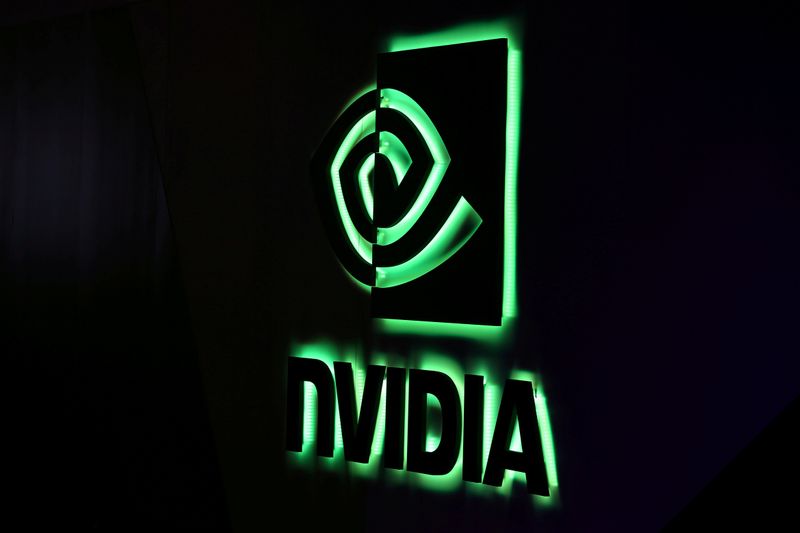LONDON (Reuters) - U.S. chip giant Nvidia said on Monday it is building Britain's most powerful supercomputer, which will use artificial intelligence to help researchers solve pressing medical challenges, including those related to COVID-19.
GSK and AstraZeneca, which are both involved in coronavirus vaccine research, will be two of the first pharmaceutical companies to harness the power of the machine, Nvidia said.
The Cambridge-1 computer, which is expected to come online by the end of the year in Cambridge, east England, will be a NVIDIA (NASDAQ:NVDA) DGX SuperPOD system capable of delivering more than 400 petaflops of AI performance, the company said.
That would mean it ranks 29th on the Top 500 list of the world's most powerful supercomputers, it said.
Cambridge is also home to Arm, the British chip designer that Nvidia has agreed to buy from Japan's SoftBank for $40 billion.
Nvidia has previously said it intended to create an AI Center of Excellence in the university city, featuring an Arm-based supercomputer, which will serve as a hub of collaboration for researchers, scientists and startups across the UK.
The separate Cambridge-1 supercomputer will be made available to researchers from industry and academia.
"The Cambridge-1 supercomputer will serve as a hub of innovation for the UK, and further the groundbreaking work being done by the nation's researchers in critical healthcare and drug discovery," said Jensen Huang, founder and CEO of Nvidia, in his GPU Technology Conference keynote speech.
